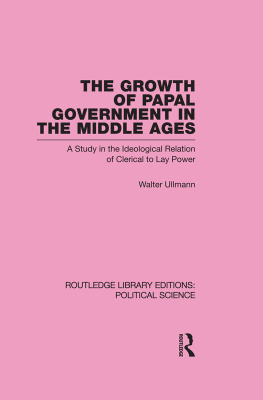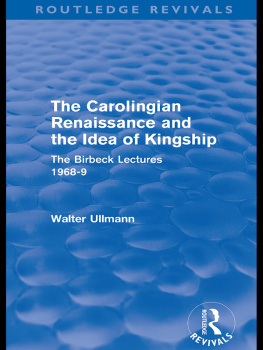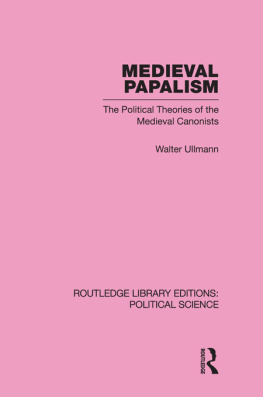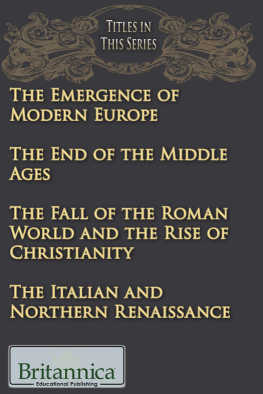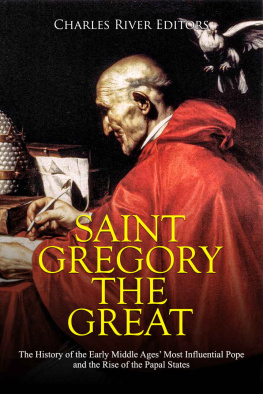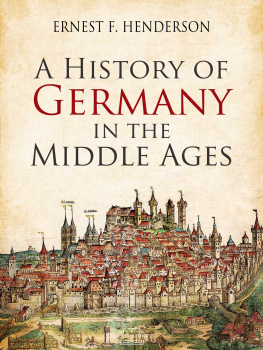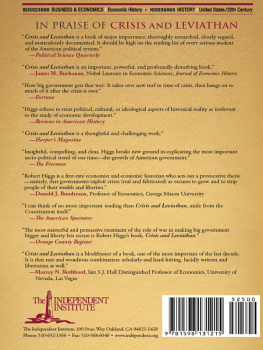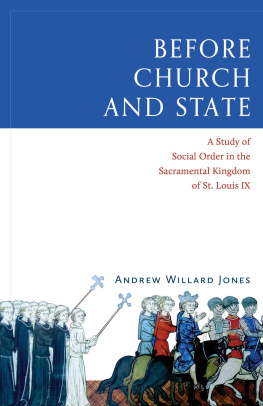Walter Ullmann - The growth of papal government in the Middle Ages : a study in the ideological relation of clerical to lay power
Here you can read online Walter Ullmann - The growth of papal government in the Middle Ages : a study in the ideological relation of clerical to lay power full text of the book (entire story) in english for free. Download pdf and epub, get meaning, cover and reviews about this ebook. year: 2010, publisher: Routledge, genre: Religion. Description of the work, (preface) as well as reviews are available. Best literature library LitArk.com created for fans of good reading and offers a wide selection of genres:
Romance novel
Science fiction
Adventure
Detective
Science
History
Home and family
Prose
Art
Politics
Computer
Non-fiction
Religion
Business
Children
Humor
Choose a favorite category and find really read worthwhile books. Enjoy immersion in the world of imagination, feel the emotions of the characters or learn something new for yourself, make an fascinating discovery.
- Book:The growth of papal government in the Middle Ages : a study in the ideological relation of clerical to lay power
- Author:
- Publisher:Routledge
- Genre:
- Year:2010
- Rating:3 / 5
- Favourites:Add to favourites
- Your mark:
- 60
- 1
- 2
- 3
- 4
- 5
The growth of papal government in the Middle Ages : a study in the ideological relation of clerical to lay power: summary, description and annotation
We offer to read an annotation, description, summary or preface (depends on what the author of the book "The growth of papal government in the Middle Ages : a study in the ideological relation of clerical to lay power" wrote himself). If you haven't found the necessary information about the book — write in the comments, we will try to find it.
The growth of papal government in the Middle Ages : a study in the ideological relation of clerical to lay power — read online for free the complete book (whole text) full work
Below is the text of the book, divided by pages. System saving the place of the last page read, allows you to conveniently read the book "The growth of papal government in the Middle Ages : a study in the ideological relation of clerical to lay power" online for free, without having to search again every time where you left off. Put a bookmark, and you can go to the page where you finished reading at any time.
Font size:
Interval:
Bookmark:
POLITICAL SCIENCE
GOVERNMENT IN THE
MIDDLE AGES
GOVERNMENT IN THE
MIDDLE AGES
Clerical to Lay Power

Second edition first published 1962
Third edition first published 1970
by Routledge
2 Park Square, Milton Park, Abingdon, Oxon, OX14 4RN
by Routledge
270 Madison Avenue, New York, NY 10016
A catalogue record for this book is available from the British Library
ISBN 13: 978-0-415-49111-2 (Set)
ISBN 13: 978-0-415-55575-3 (Volume 35)
The publisher has gone to great lengths to ensure the quality of this reprint but points out that some imperfections in the original copies may be apparent.
The publisher has made every effort to trace copyright holders and would welcome correspondence from those they have been unable to trace.

PAPAL GOVERNMENT
IN THE MIDDLE AGES
of clerical to lay power
Second edition 1962
Reprinted with minor corrections 1965
Third edition 1970
SBN 416 15890 0
3.1
by Barnes & Noble Inc
Font size:
Interval:
Bookmark:
Similar books «The growth of papal government in the Middle Ages : a study in the ideological relation of clerical to lay power»
Look at similar books to The growth of papal government in the Middle Ages : a study in the ideological relation of clerical to lay power. We have selected literature similar in name and meaning in the hope of providing readers with more options to find new, interesting, not yet read works.
Discussion, reviews of the book The growth of papal government in the Middle Ages : a study in the ideological relation of clerical to lay power and just readers' own opinions. Leave your comments, write what you think about the work, its meaning or the main characters. Specify what exactly you liked and what you didn't like, and why you think so.

